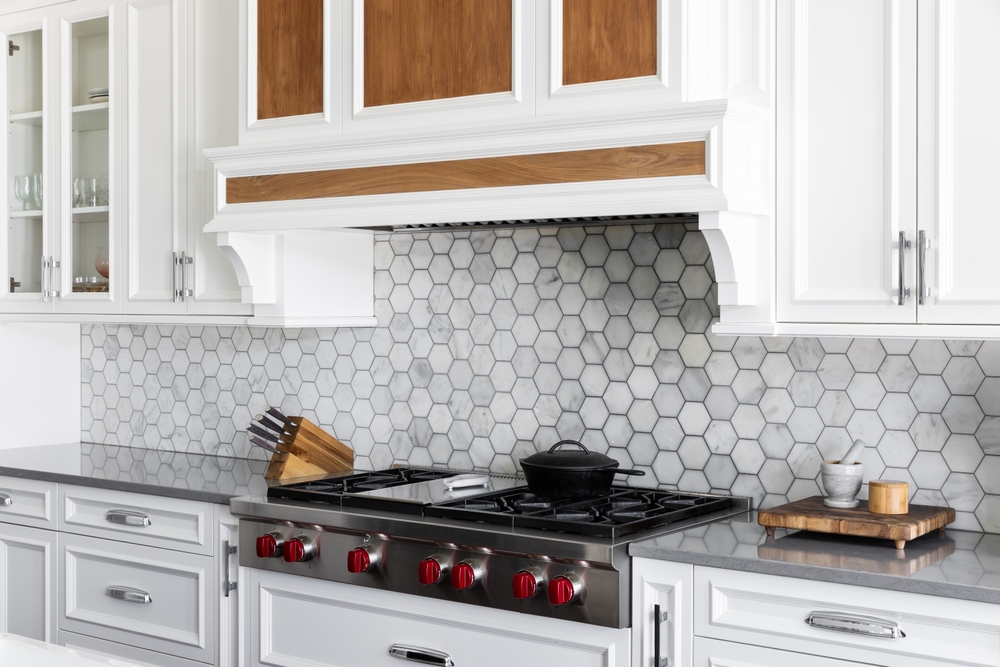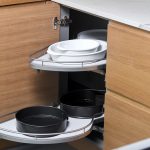
The Pros and Cons of Quartz and Granite Countertops for Midland Kitchens
When it comes to remodeling your Midland kitchen, choosing the right countertop material is one of the most critical decisions homeowners face. Two of the most popular choices are quartz and granite, each offering unique qualities, aesthetic appeal, and practical benefits. However, understanding the pros and cons of quartz countertops alongside granite countertop benefits can help you make an informed decision tailored to your lifestyle, design goals, and budget. This article dives deep into the differences between these two materials, examining their durability, maintenance needs, cost factors, and overall impact on your kitchen’s style and functionality.
Durability and Longevity
Durability is a top priority for Midland homeowners looking to invest in countertops that will stand the test of time. Granite, a natural stone, is known for its incredible hardness and resistance to scratches and heat. When properly sealed, it can withstand years of heavy use, making it an excellent choice for families who cook frequently or entertain often. Its natural formation deep within the earth results in unique mineral patterns, ensuring that every slab is one of a kind.
Quartz, on the other hand, is an engineered stone made from crushed natural quartz combined with resins and pigments. While not 100% natural, quartz offers superior consistency and durability. Unlike granite, quartz countertops are non-porous, meaning they resist stains and bacteria more effectively without requiring regular sealing. They are also less prone to chipping compared to natural stone, making them a practical option for busy kitchens.
However, quartz has a slight disadvantage when it comes to extreme heat. While granite can generally tolerate hot pots and pans, quartz’s resin-based composition can discolor or crack under excessive temperatures. This means using trivets or hot pads is essential when dealing with quartz surfaces.
Aesthetic Appeal and Design Versatility
When designing a Midland kitchen that reflects your style, both quartz and granite offer stunning options but in different ways. Granite provides a naturally unique appearance due to its organic mineral compositions and veining patterns. No two granite slabs are identical, giving your kitchen a distinct and timeless elegance. For homeowners who value individuality and natural beauty, granite remains a favorite.
Quartz, being engineered, allows for more control over patterns, colors, and finishes. Manufacturers can produce quartz countertops in a wide range of shades, from bright whites and soft neutrals to bold, contemporary tones that perfectly align with modern kitchen trends. Additionally, quartz can be designed to mimic the look of natural stone, including marble and granite, making it a versatile choice for homeowners who want a consistent and cohesive aesthetic.
For Midland kitchens where interior design plays a central role, quartz’s customization options often give it an edge. However, homeowners seeking the natural charm and authenticity of stone may find granite’s unique variations more appealing.
Maintenance and Upkeep
Maintenance is another major factor when comparing the pros and cons of quartz countertops and granite surfaces. Granite, being a porous material, requires periodic sealing to prevent stains and protect against moisture absorption. Without proper sealing, liquids like wine, oils, and juices can seep into the stone, leaving lasting marks. While sealing granite isn’t overly complicated, it does add to the long-term upkeep homeowners must consider.
Quartz, conversely, is virtually maintenance-free. Its non-porous surface naturally resists staining, eliminating the need for regular sealing. Cleaning quartz countertops is as simple as wiping them down with mild soap and water. This low-maintenance advantage makes quartz a popular choice for busy Midland families or homeowners who prefer a hassle-free experience.
That said, while quartz’s surface is easy to maintain, homeowners should still exercise caution when using harsh chemicals or abrasive pads. Prolonged exposure to strong cleaning agents can dull the surface, whereas granite can withstand heavier scrubbing when properly sealed.
Cost and Value Considerations
Budget plays a significant role in any kitchen renovation project, and understanding the financial differences between quartz and granite is essential. On average, granite tends to be slightly more affordable than quartz, although pricing can vary based on the rarity of the stone, thickness, and edge design. Standard granite options often fall within a mid-range price point, making them attractive for homeowners seeking natural beauty without breaking the bank.
Quartz countertops generally come at a higher cost due to the engineering process, customization options, and durability features. However, the investment may be justified for those seeking a long-lasting, low-maintenance surface that offers consistent design flexibility.
In terms of resale value, both quartz and granite add significant appeal to Midland homes. Buyers often appreciate the elegance and durability these materials provide, which can enhance your kitchen’s marketability. While granite attracts buyers seeking natural luxury, quartz often appeals to those who prioritize modern styling and ease of care. Ultimately, your decision should balance upfront costs, lifestyle preferences, and long-term value.
Environmental Impact and Sustainability
As sustainability becomes increasingly important for homeowners, considering the environmental impact of your countertop material is essential. Granite, being a natural stone, is mined from quarries, which can have ecological consequences depending on extraction practices. However, because it is incredibly durable and long-lasting, granite’s overall environmental footprint is mitigated by its longevity.
Quartz, while engineered, can sometimes offer a more sustainable alternative depending on the manufacturer. Many quartz brands incorporate recycled materials into their products and use eco-friendly production processes. Additionally, the non-porous nature of quartz contributes to improved indoor air quality by reducing bacteria buildup and minimizing the need for chemical-based sealants.
For Midland homeowners concerned about sustainability, researching specific suppliers and production practices is key. Some granite suppliers focus on responsible quarrying methods, while certain quartz manufacturers prioritize green certifications, giving environmentally conscious buyers options on both sides.
Conclusion
Choosing between quartz and granite countertops for your Midland kitchen ultimately depends on your lifestyle, aesthetic preferences, and budget. Granite offers natural beauty, heat resistance, and unique character, making it a timeless choice for homeowners who appreciate organic charm. On the other hand, quartz delivers superior stain resistance, easier maintenance, and extensive design versatility, making it an ideal fit for busy households and modern interiors.
Understanding the pros and cons of quartz countertops alongside granite countertop benefits ensures you can make a confident, informed decision. Both materials enhance your kitchen’s functionality and appeal, adding long-term value to your home. By evaluating factors such as durability, upkeep, customization, cost, and sustainability, you can select the countertop material that best complements your lifestyle while transforming your kitchen into a stunning, practical space.
Need a Cabinet Store in Midland, MI?
More...
Categorised in: Countertops
This post was written by admin




